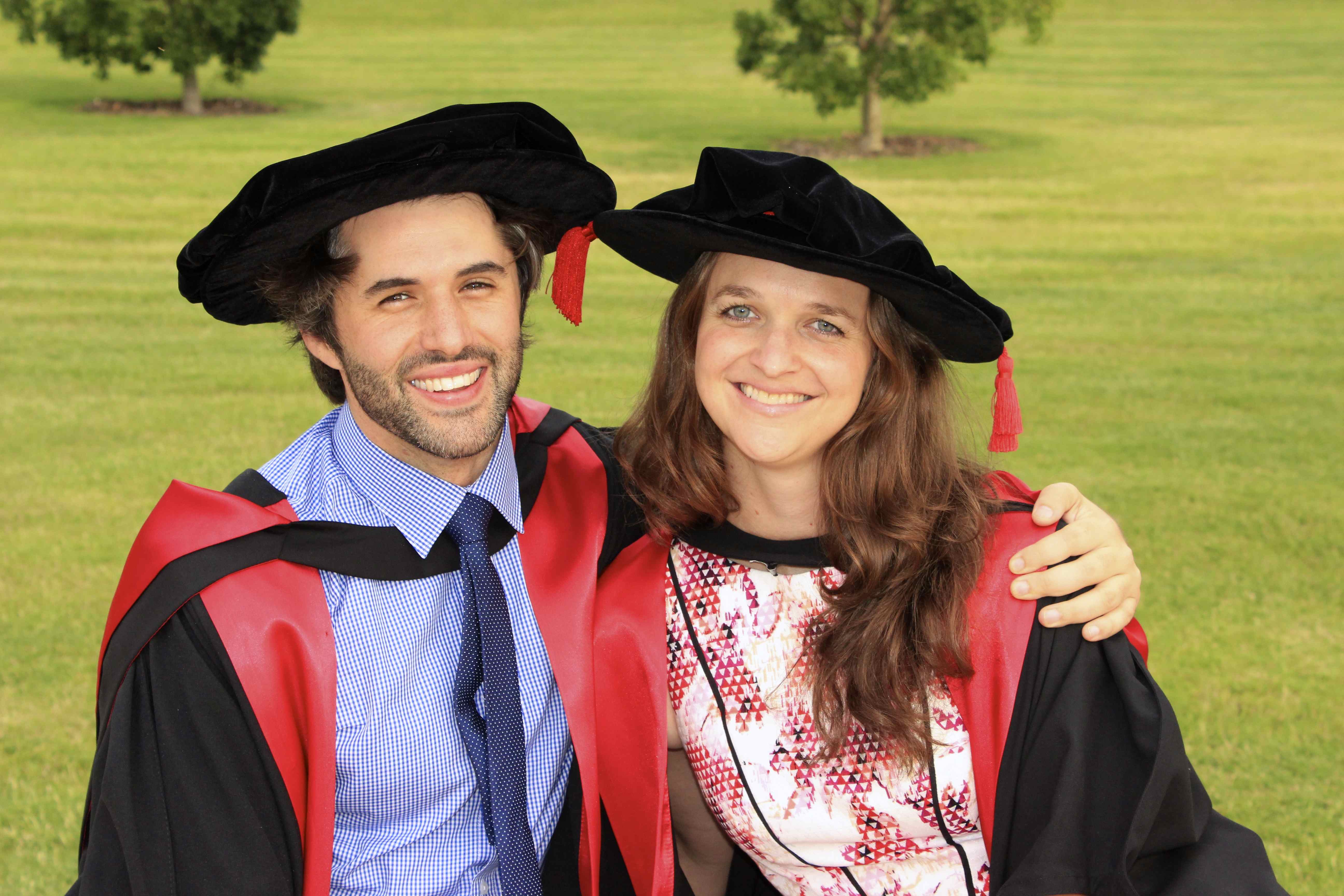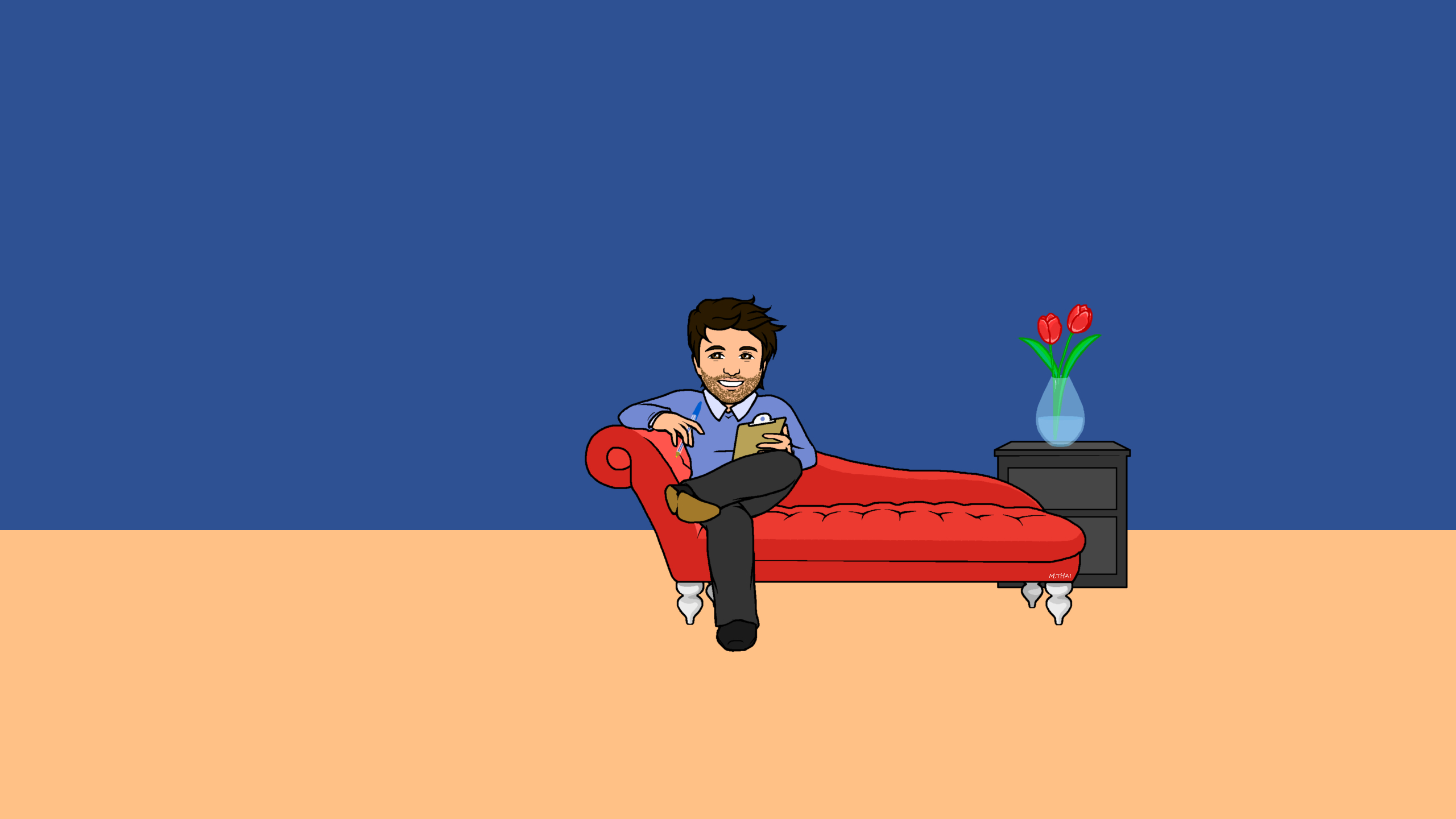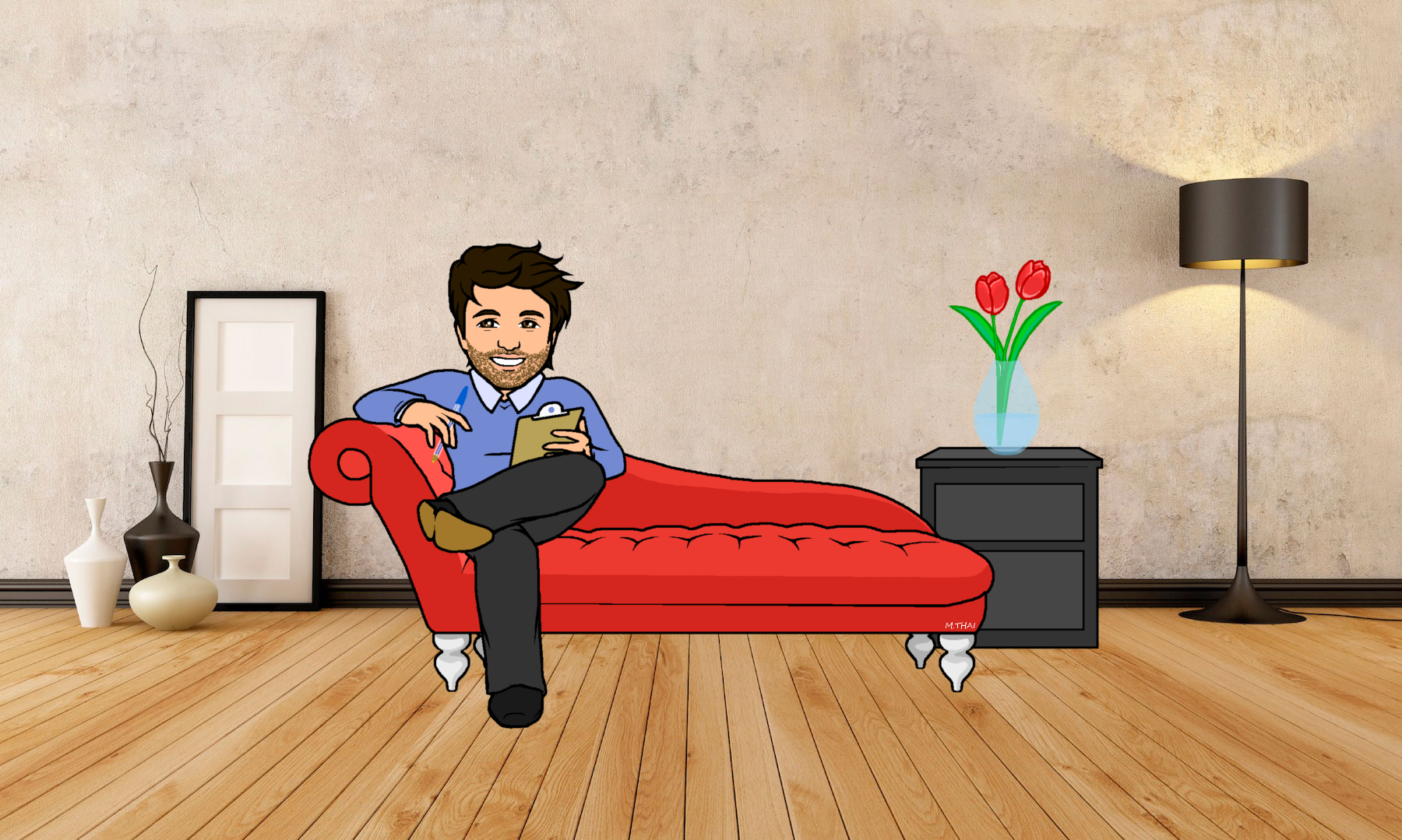Following a dream……my passion for compassion
I am a recent PhD graduate, having completed my PhD in Clinical Psychology in 2013. My research was focused on the family environment, where I looked specifically at the grandparent-parent relationship and how this impacted child outcomes. I found the research very rewarding, I loved working with my supervisor (Professor Matt Sanders), and we developed a program called Grandparent Triple P, which has now also been translated into Mandarin and used with grandparents in Hong Kong – pretty exciting, and something I did not anticipate prior to starting my PhD.
During the course of my PhD I aimed to submit as many papers as I could, as it has been drummed into me that if you want to pursue an academic career you need to publish, publish, publish, and this mantra dominated my thoughts and actions for the first 5-6 months after submitting my PhD. But now that it has been 18 months since I graduated – where am I?
Well after I submitted all the papers that I could from my PhD, I was left in a position of not really knowing what I wanted to do. One thing I did know was I wanted to start to explore other areas beyond parenting. One of the main reasons for this is that I’m also trained as a Clinical Psychologist, so I have always had a passion for mental health and psychotherapies. However, I had no idea what I really wanted to focus on. There are so many things that I’m interested in, emotion regulation – what we do to manage our positive and negative emotions, adjustment disorder, helping young adults, depression, stigma, acceptance and commitment therapy, and motivational interviewing. But I couldn’t do all of them, and I didn’t know what area I was ‘passionate’ enough about to devote my entire academic career towards. So I was in a bit of a conundrum, very confused, and a little worried. There I was a fresh PhD graduate and I didn’t know what my next move would be.
The academic world is extremely competitive, with not nearly enough positions available for PhD graduates. As a result typically most PhD graduates work for a professor or a team of researchers as a project manager. This is a good opportunity to learn about different areas, be exposed to new ideas, but it also comes at a cost because you are not advancing your ‘independence’ as a researcher. You also need to apply for grant funding, and this is particularly difficult. For national funding you are up against at least 2,000 plus early career researchers all with great project ideas, with only between 10-15% of applications being successful. And even if you are successful, these grants have short-term lives, only lasting 3-4 years. So what do you do after that? Well you keep applying, constantly having to ‘prove’ that what you are doing is important and ‘worthy’.
After spending approximately 12 months reading about all my different areas of interest I finally stumbled across mindfulness and compassion. I was always aware of these topics, but have never read enough about these areas to fully understand and appreciate their importance. I think the light bulb moment for me was when I attended the inaugural UQ Compassion Symposium in September of 2014. Dr Stan Steindl organised the symposium, and he is one of the leaders of compassionate action in Australia. Listening to the keynote speaker at the Compassion Symposium completely captivated me. Dr James Doty delivered the keynote address; he is the director of the Centre for Compassion and Altruism Research and Education (CCARE) at Stanford University. His presentation was very moving, he spent time talking about his difficult upbringing, and mentioned a couple of key moments in his life where he had been the recipient of compassionate actions by others. It was hard not to be moved by what he was saying. Today Dr Doty is a neurosurgeon, essentially he saves lives for a living, and his research explores the science and impacts of compassion. It was at this Symposium where I realised, ‘this is it, this is what I want to make my research career about.’
So now I am in a position where I could not be more passionate about my research. I honestly believe compassion is something we need to cultivate more in order to develop more kind and supportive family environments, relationships with others, and societies as a whole. So now I am doing everything I can to link the areas of mindfulness and compassion to my expertise in parenting and family relationships. However (and this is the tricky bit), as much as I want to research this important area, I don’t have a job where somebody is willing to pay me to do this research. So what can I do?
Well I spoke to my wife about this problem. And after some discussions we came to the conclusion that for the first 6 months of 2015 I will work as hard as I can to put together competitive applications for national funding and postdoctoral positions, and start my research on mindfulness and compassion within families. As a result it would mean I had to withdraw from working full-time to part-time (2 days a week) so I could pursue this area.
This has been a big sacrifice, our family income dropped significantly, and in many ways I felt unemployed and a little isolated. But my passion for compassion was so strong I just had to pursue this endeavour. Unfortunately in Australia there are very few people studying the area of compassion, and virtually nobody in Brisbane. So at the moment all the research I am doing is unpaid. And my wife is being so kind and caring, in many ways showing deep compassion towards me, for allowing me to pursue this dream.
I emailed a number of international experts and brilliant minds in the field of compassion, and I was touched by their generosity with their time and feedback. Two people in particular blew me away, Dr Anthony Biglan and Dr Steven Hayes. Dr Biglan has recently released an insightful book called “The Nurture Effect”. The Nurture Effect discusses how the science of human behaviour can improve our lives and the word, and his ideas have been been very influential on my research (check out Dr Biglan’s website here: http://www.nurtureeffect.com). Dr Steven Hayes has written a great blog describing the book as well: (http://www.huffingtonpost.com/steven-c-hayes-phd/the-hope-of-science-and-t_b_7277988.html). Dr Hayes is the founder of Acceptance and Commitment Therapy, a true pioneer and leader in psychology, and he gave me some wise words in response to one of my emails, “A door will open. It’s just how it works when you push on a vision.” I am extremely grateful to both of these incredibly brilliant individuals who I look up to and admire. It also helped restore some of my hope and optimism for the field of academia, one that is so competitive. As these researchers, who are at the peak of their careers, had the time to provide feedback, help, and support to the struggling early career researcher starting at the bottom of the pack.
So here I am, it is May, I have put together what I think is a very good compassion based grant application that is currently under review for national funding. I have also applied for a range of other grants, and I started writing for another grant application today. I am supervising two honours students at UQ where we are examining compassion within families. And I have two projects on the go at the moment. And all of this is completely unpaid. At the moment I am working harder than I ever have, earning the least I ever have, and I couldn’t be happier. Let’s hope a door opens soon…….
Note. The photo is of me and my wife (Cassie) on the day we graduated with our PhDs together


